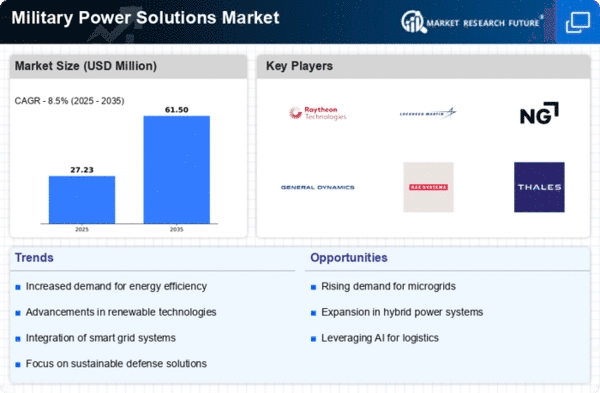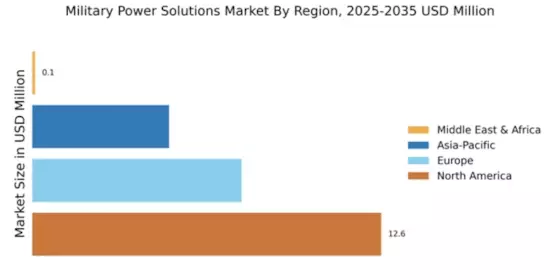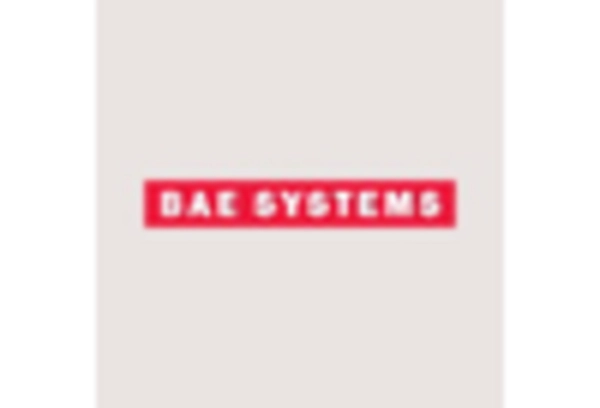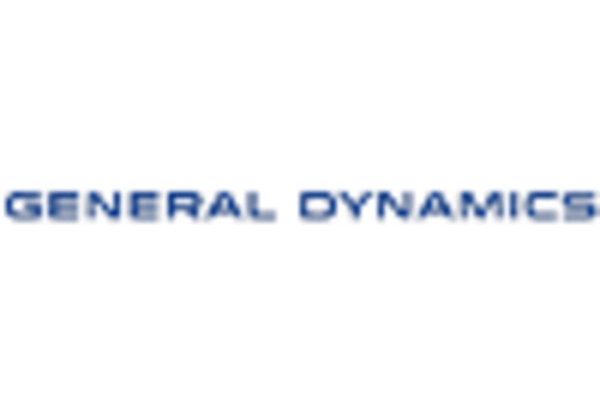In April 2024, Tekever, a company specializing in uncrewed aerial systems (UAS), introduced its new modular ARX platform in Lisbon, Portugal. The ARX, Tekever's inaugural UAS with swarm capabilities, offers users the flexibility to select from a range of sensors, including EO/IR, LIDAR, SAR, and SIGINT/COMINT/ELINT. The ARX is equipped with advanced onboard artificial intelligence/machine learning (AI/ML) capabilities, SATCOM and mesh connection, and the capability to function in GNSS-denied conditions both at sea and on land. Tekever also provides the "ARX Digital Twin" alongside the ARX launch. This model serves as a digital representation of the system and may be used for simulation, integration, testing, monitoring, and maintenance. The ARX is scheduled to be released in 2025. In February 2024, Vecow Co., Ltd., a group of international specialists in embedded technology, introduced their new Fanless High-Endurance System designed for workstation use. The Vecow HEC-1000 is specifically engineered to be deployed in demanding environments, offering robust computing power based on the 13th Generation Intel® Core™ i9/i7/i5/i3 processor. It is equipped with dependable input/output interfaces, making it ideal for outdoor applications such as Advanced Driver Assistance Systems (ADAS), Autonomous Mobile Robots (AMR), Robotic Control, and rugged Edge Artificial Intelligence (AI) deployments.
Collins Aerospace (a division of Raytheon) has created a new power module to serve open architecture programs including radar, signal processors, mission computers, and aircraft communication. For platforms working in severe environments with limited space, weight, and power (SWAP), the Collins 3Phase 3U power module provides up to 800 watts of power without the need for extra filtering hardware. On February 2022
Seanergy 2.0, a new lithium-ion (Li-ion) battery system for fully electric and hybrid ships, has been introduced by Saft, a TotalEnergies subsidiary. The marine battery can assist ship owners in lowering their fuel costs, CO2 and NOx emissions, and air pollution without compromising performance or being overly expensive. On June 2022
Enersys announced the successful integration of its ABSL Lithium-ion (Li-ion) batteries into the launch of the James Webb Space Telescope by the National Aeronautics and Space Administration (NASA). The Web space telescope, which replaces the venerable Hubble space telescope, was developed through international cooperation between NASA, the European Space Agency (ESA), the Canadian Space Agency (CSA), and Northrop Grumman, the leading company in the field. On December 2021
Cummins announced the acquisition of Meritor, Inc. had been completed. Through the integration of Meritor's people, products, and skills in axle and brake technology, Cummins will be positioned as a leading provider of integrated powertrain solutions in both internal combustion and electric power applications. On August 2022


















